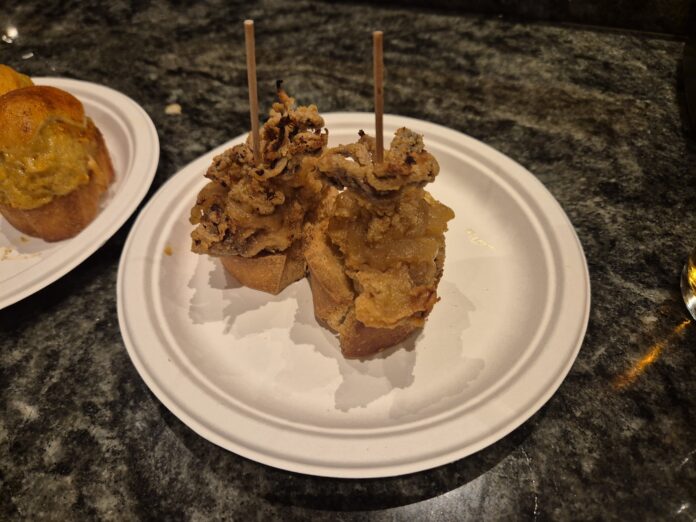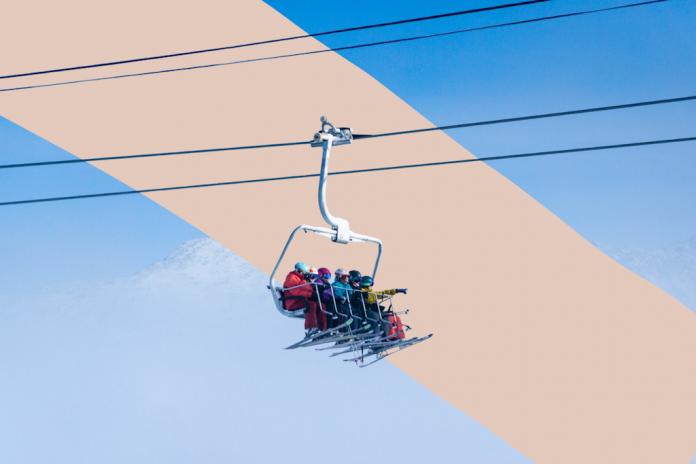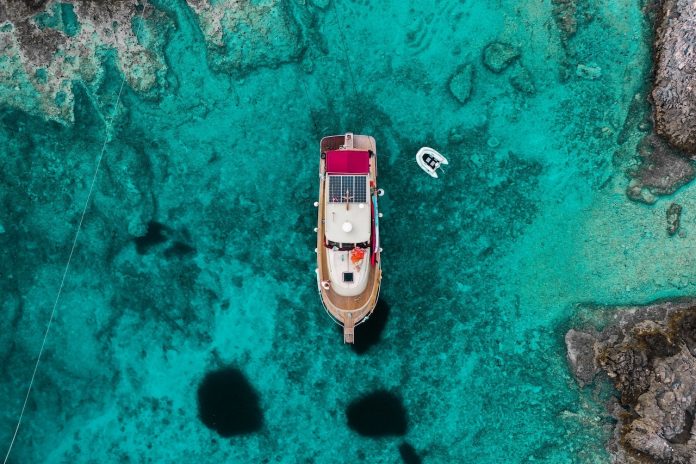Japan can seem impenetrable for the first time visitor, with a difficult to crack language, the danger of faux pas at every corner and prices which could bring out a cold sweat even on the hottest Tokyo day.
Don’t let this put you off though, the Japanese are wonderful, welcoming people and the country is full of spiritual moments and surprises. After a few trips, there’s still some much to understand, but we hope these 10 IDEAL tips will make everything run as smoothly and efficiently as a newly-built bullet train.
TIMING YOUR VISIT
The rainy season, referred to as ‘tsuyu’ is mercifully short, and not like those you may have experienced in other Asian countries. Beginning at the start of June and lasting until roughly the end of July, it tends to rain softly and for the entire day – expect less flood-inducing five minute storms and more constant drizzle. This time is also very, very humid so it’s best to avoid making your trip during these months if you can.
Just prior to the start of tsuyu, May is fantastic – dry, warm and very comfortable. If you’re planing to come during the cherry blossom (sakura) season make sure you check when and where it is. It usually begins in Okinawa around January/February, then passes through the middle of Japan in March and April, and finishes in northern Hokkaido in May.
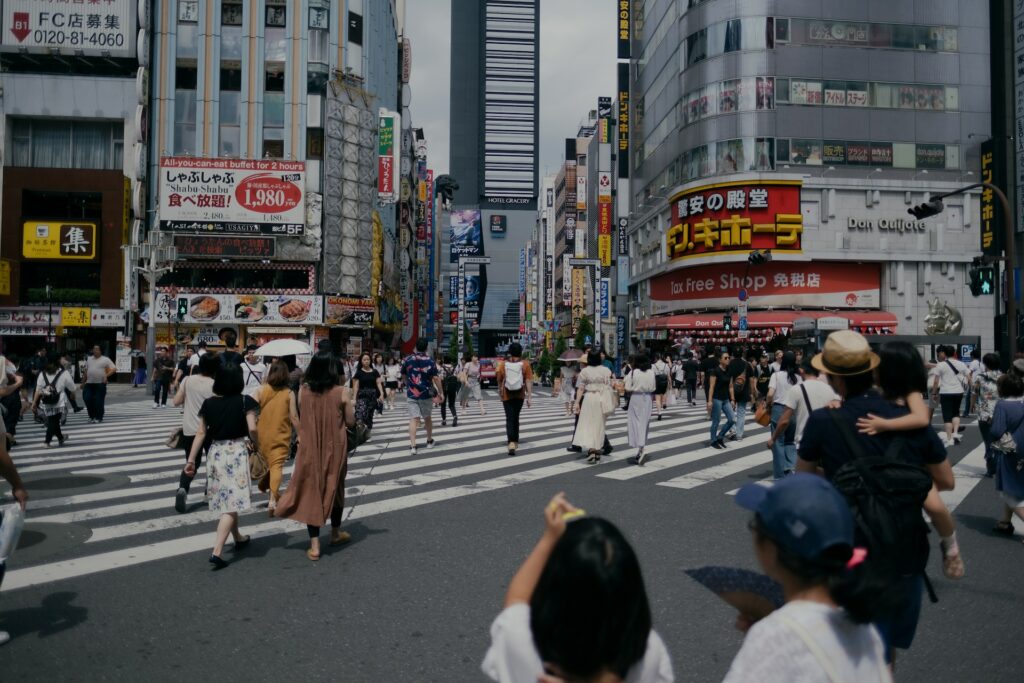
LEARN TO BOW
Japanese social and business encounters are full of small gestures of politeness and gratitude, one of the most common being to bow. Prior to arrival, learn the correct gesture for the correct situation, as a small effort on your part will go a long way in lubricating a situation. For example, pre and post meal, a small bow as way of thanks is polite. As an extension of this, if ever you are fortunate enough to be invited to someone’s house, be in-tune with the various shoes on/shoes off and house slippers rules of etiquette.
PURCHASE A WIFI HOTSPOT
Having a wifi hotspot is essential, especially if you get lost. You can carry this in your pocket and access it inexpensively and conveniently. Everyone uses one in this part of the world!
DOWNLOAD THE GOOGLE TRANSLATE APP
If you’re here to, ultimately, teach English in Japan, then you’ll already know that, as the script and tonal nature of the language is totally foreign to the English speaker, Google translate will be your friend during your stay. It’s also wise to have a few set phrases memorised, so as not to enter a dialogue with nothing to say.. ‘arigatou gozaimasu’ (thankyou) and ‘eigo o hanasemasu ka’ (do you speak English?) should be absolute musts in your armoury.
CARRY CASH
Japan remains a relatively cash-heavy society, with cards rarely accepted in smaller shops, outlets and restaurants – foreign cards even less so. Places accepting cards will have a sign outside to indicate such – showing just how uncommon it is. It is also difficult to find an ATM here, so have a fair amount of cash on you or get a Suica card, which you can load money onto to make small purchases at stations, convenience stores and more.
7/11 CONVENIENCE STORES ARE YOUR FRIEND
Food is expensive in Japan, and while you may want a few blowouts on squeaky-fresh sashimi and sushi tasting menus, you’ll risk your entire budget on eating out if you don’t make use of the 7/11 menu. If you think this shop serves just your average convenience store food then think again. Locals eat super-cheap noodles, soup dumplings, fried chicken sandwiches and loads of fresh offerings like octopus salad in basil dressing and more from these ubiquitous shops, all at a fraction of the price of a restaurant. We’d recommend you do too.
CARRY YOUR HOTEL ADDRESS BUSINESS CARD
It’s inevitable that you’ll get lost. Having your hotel’s business card, with the address written in Japanese, will save you a lot of stress when trying to find your way back.
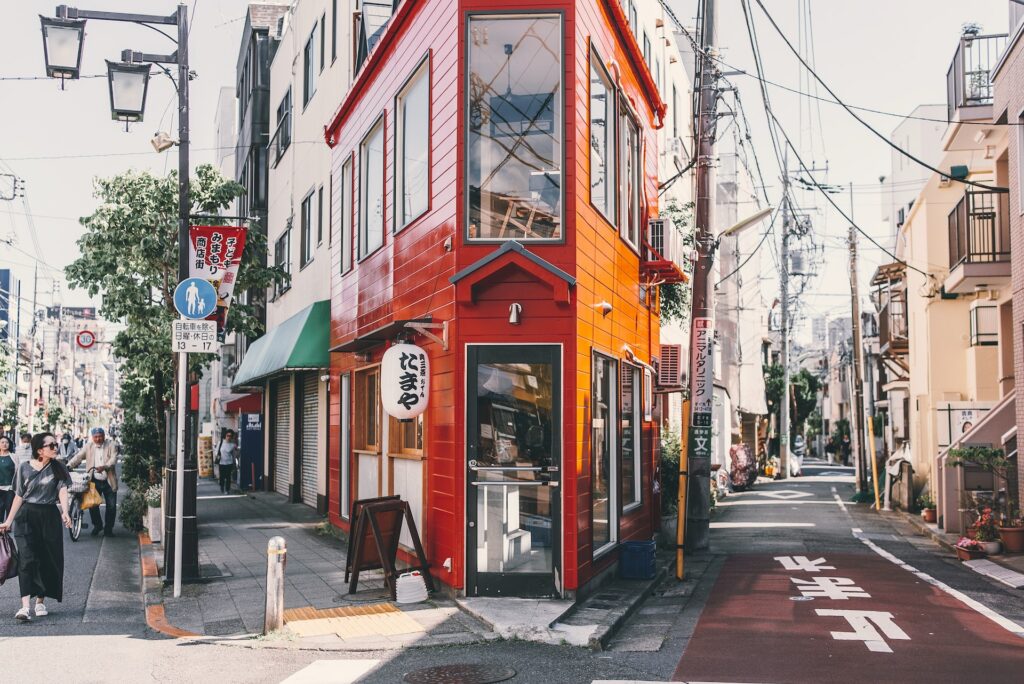
CARRY TISSUES AND HAND SANITIZER
Conversely, for a society who regard being well-kempt and clean in such high esteem, many public toilets don’t have soap. It’s therefore essential to have some hand sanitiser and tissues on your person at all times. For goodness sake though, do NOT blow your nose in public. You won’t be looked on favourably.
BUY A JAPANESE RAIL PASS
If you are planning to leave Tokyo, a JRP is a must, as train travel is super expensive and this card will reduce your costs considerably. There are a number of different options available, so be wise in choosing the most suitable on for you. You can book your rail pass from helpful sites like Japan Experience travel in advance.
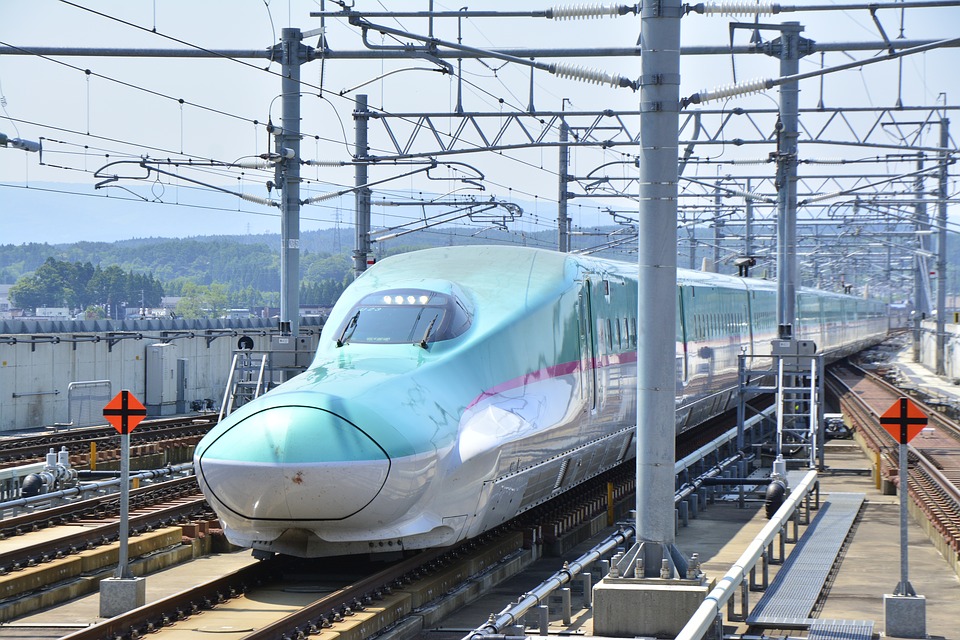
HEAD SOUTH
Although Japan’s bigger cities are located in the middle of the country, and the north is home to much of its scenic wonder, we’d recommend heading south for a completely different vibe. There is a laid-back, less developed charm to the area and the food takes on a spicier, more hearty look. If you have time, it’s a great way to experience a different side of this wonderful country.


